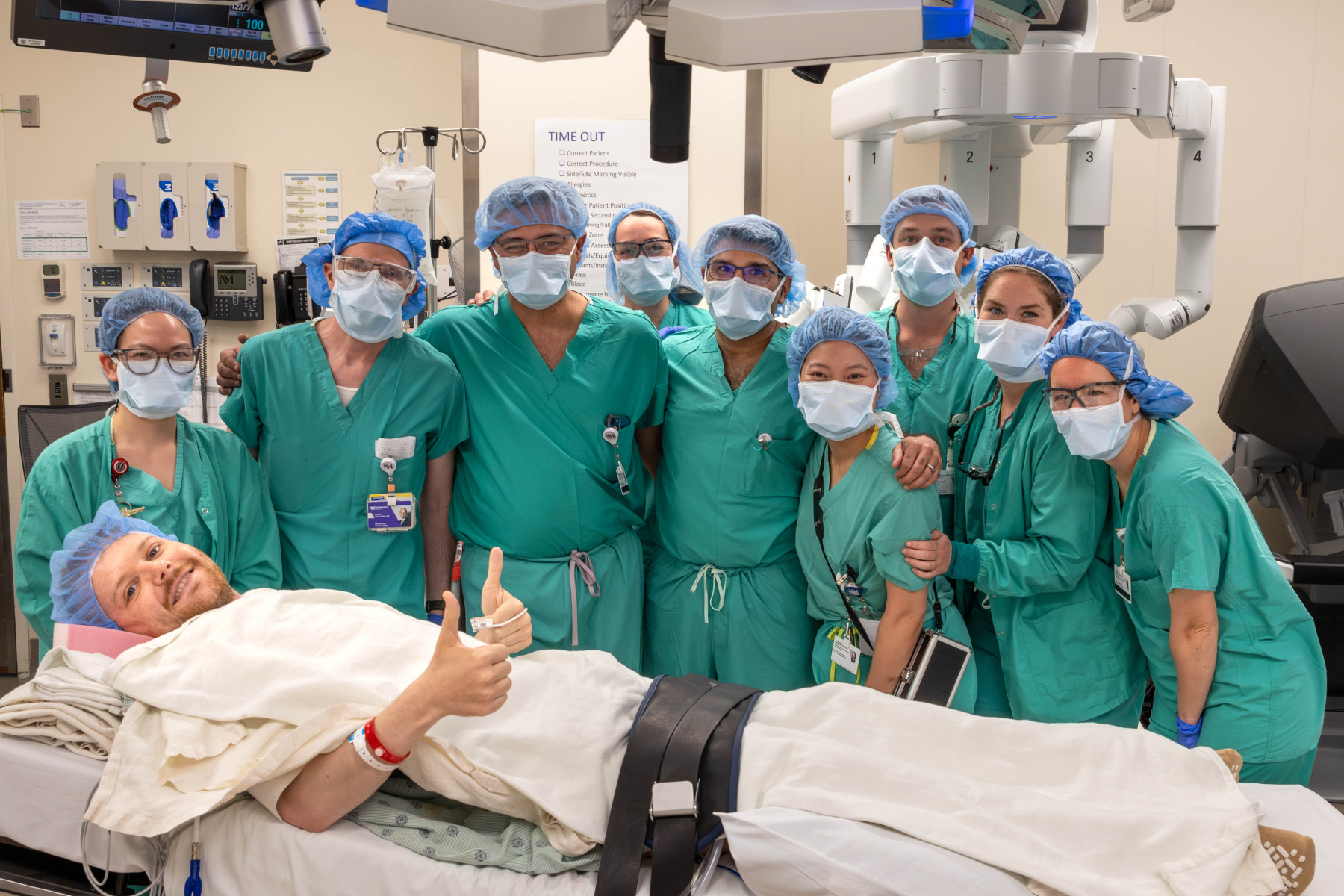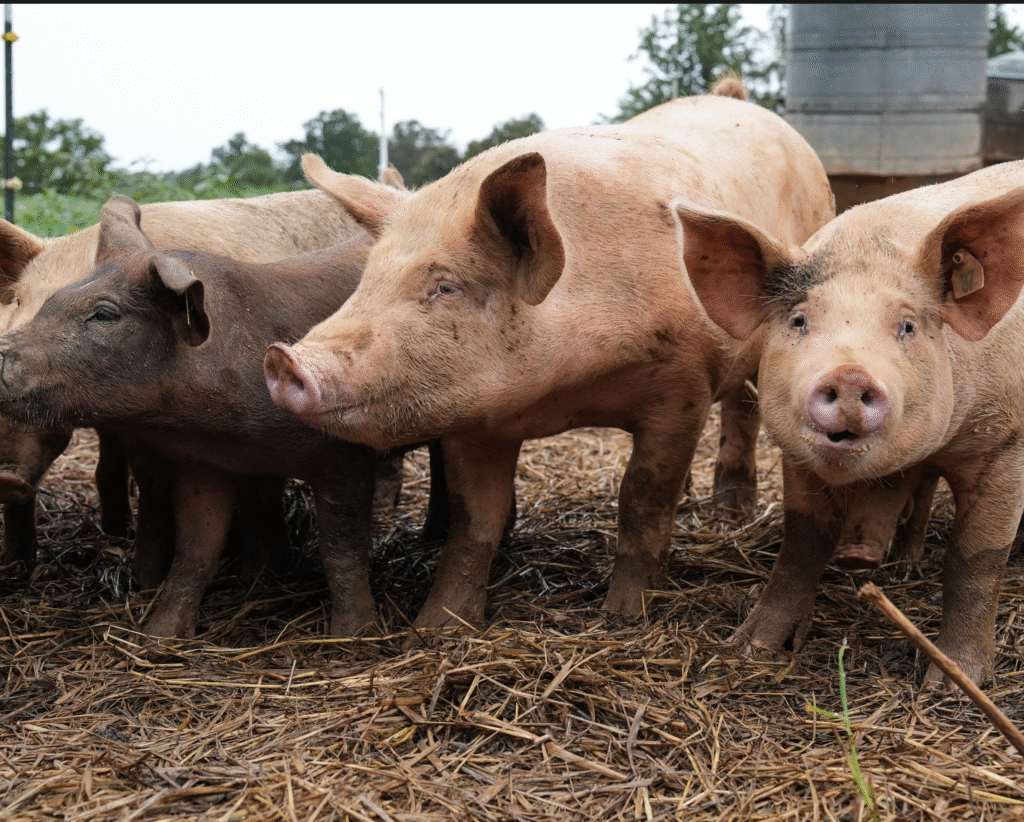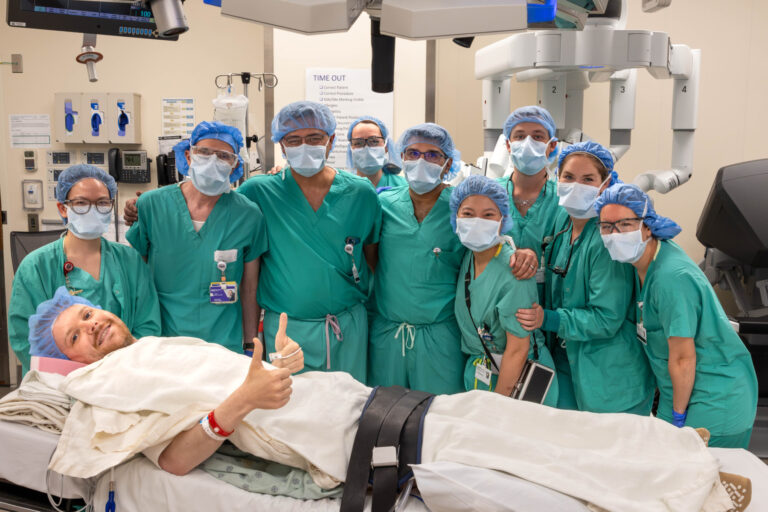
Genetically Modified Pig Lung Functions in Human Recipient for Nine Days, a Step Forward in Xenotransplantation
For the first time, surgeons have successfully transplanted a lung from a genetically modified pig into a brain-dead human, with the organ functioning for nine days, researchers report. This milestone is part of the emerging field of xenotransplantation, aimed at tackling the global organ shortage, which currently meets only about 10% of demand, according to the World Health Organization.
The transplant involved a left lung from a Chinese Bama Xiang pig, genetically modified in six ways to reduce immune rejection. The organ was implanted into a 39-year-old brain-dead male recipient and remained viable and functional for 216 hours without triggering hyperacute rejection or infection.

However, experts caution that this is an early step. Dr. Justin Chan, a lung transplant surgeon at NYU Langone Transplant Institute, described the study as “exciting and promising” but stressed it involved only one patient and the lungs were not able to independently sustain a patient. Prof. Andrew Fisher of Newcastle University echoed this, calling it “an incremental step forward” rather than the beginning of an era for lung xenotransplantation.
Challenges with lung transplants from pigs are particularly tough. The lungs are highly exposed to the environment and must respond to pollution, infection, and other external threats, making their immune system highly sensitive. This sensitivity makes transplantation more difficult, as immunosuppression is necessary to prevent organ rejection.

In the reported case, fluid accumulation and lung damage appeared 24 hours after the transplant, likely from inflammation and progressive antibody attacks, despite strong immunosuppressive therapy. Researchers note that the presence of the recipient’s other lung may have masked the full extent of the porcine lung’s damage.
Prof. Peter Friend from Oxford highlighted another complication: brain death itself triggers inflammation, which may have influenced the results. The research team emphasized the need for further refinement in immunosuppressive protocols, genetic modifications, lung preservation, and long-term graft assessment.
Xenotransplantation is a growing area of research, with other organs like hearts, kidneys, and livers also being transplanted from pigs. Some studies are exploring humanized organ growth in pigs or sheep, while other approaches focus on rehabilitating human donor lungs initially deemed unsuitable for transplant—a strategy that could have near-term impact.
Fisher concluded that while xenotransplantation shows promise, optimizing the use of existing human donor lungs might deliver life-saving results faster, potentially within months or a few years.



